Asset Publisher
One World No Hunger II
Strengthening land ownership and land use rights of women in Sub-Saharan Africa
Asset Publisher
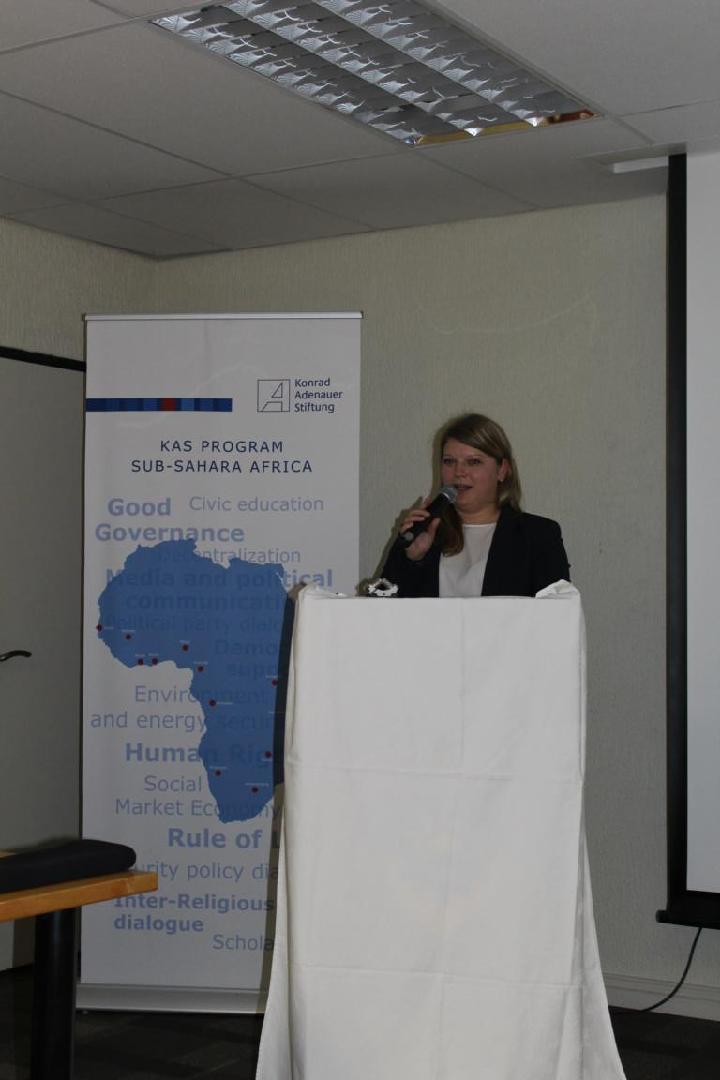 KAS Namibia-Angola
KAS Namibia-Angola
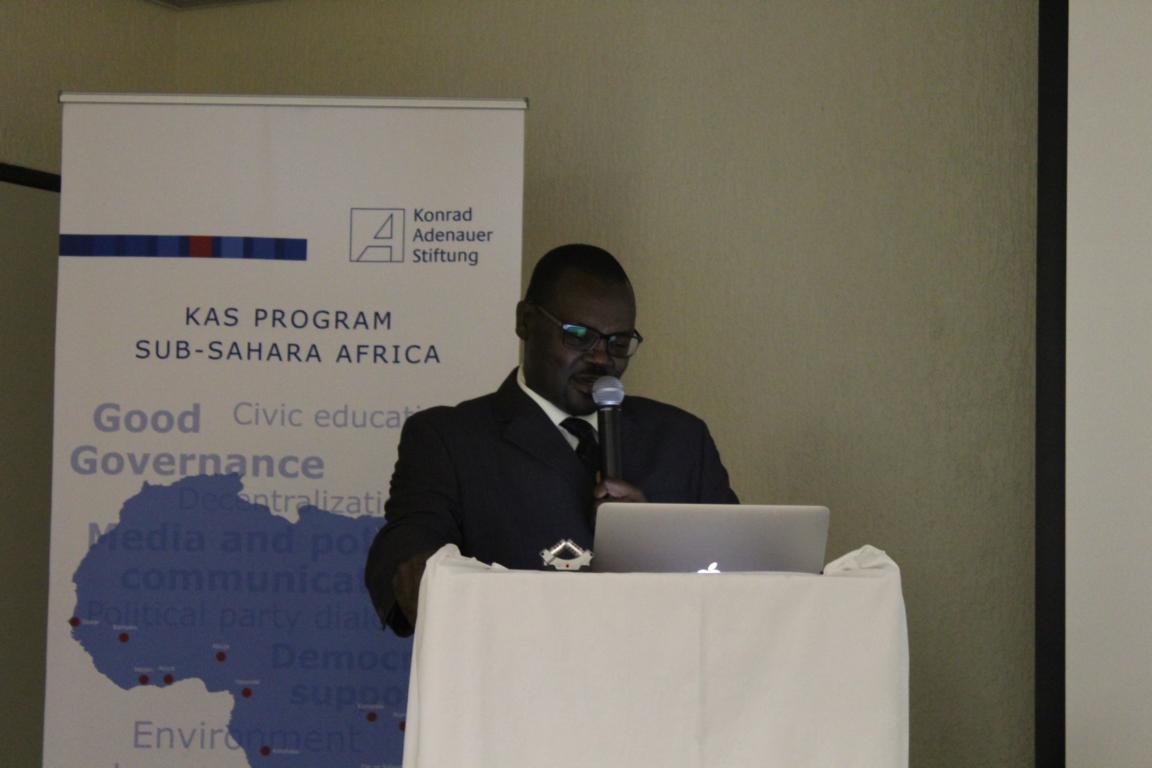 KAS Namibia-Angola
KAS Namibia-Angola
 KAS Namibia-Angola
KAS Namibia-Angola
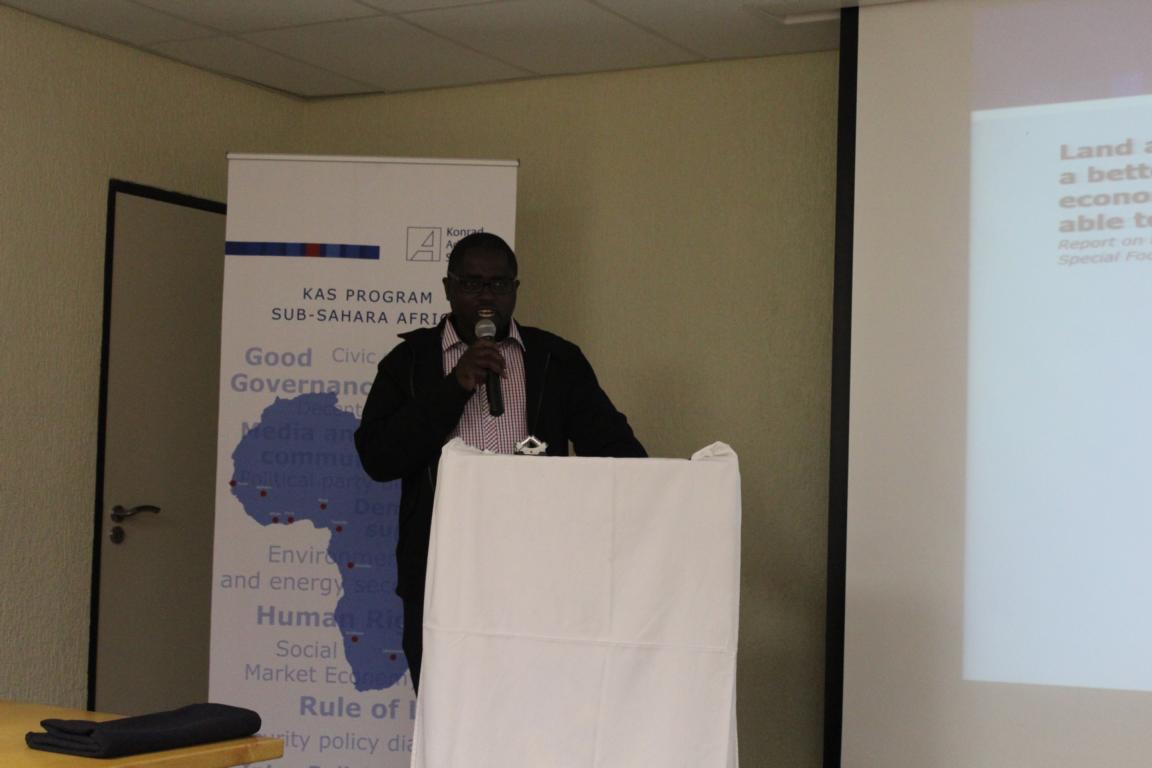 KAS Namibia-Angola
KAS Namibia-Angola
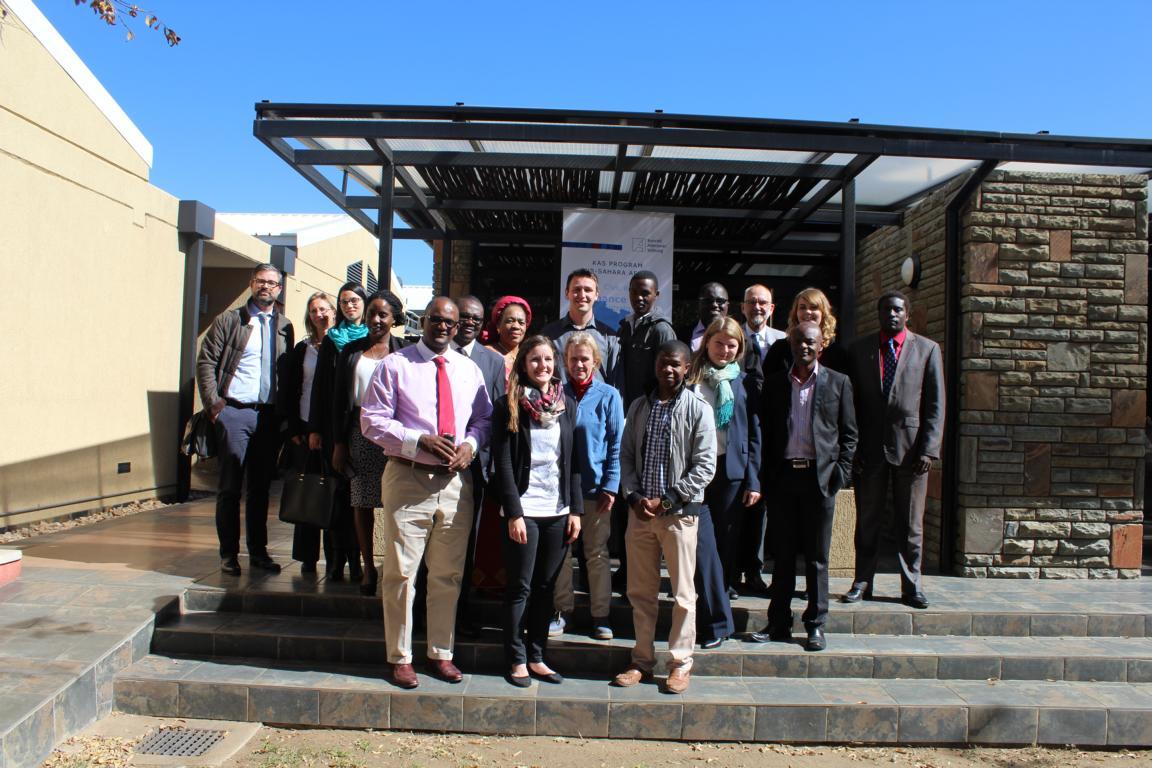 KAS Namibia-Angola
KAS Namibia-Angola
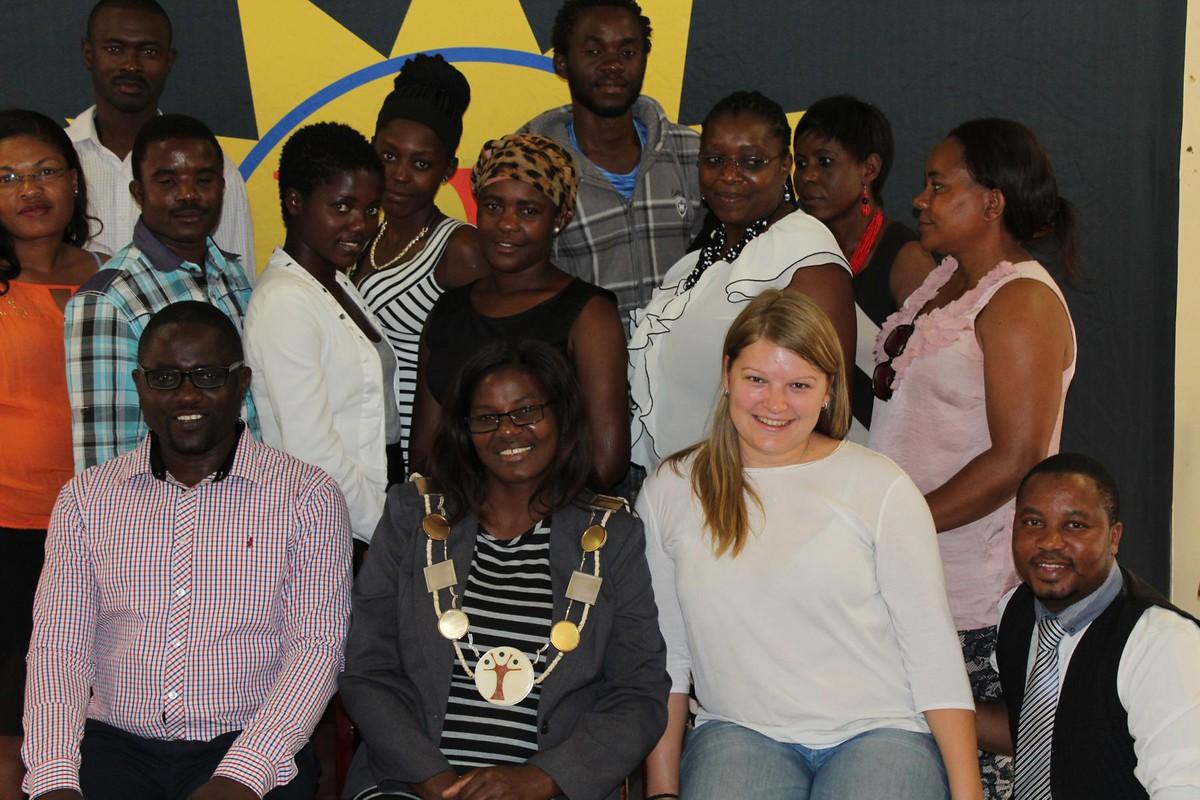 KAS Namibia-Angola
KAS Namibia-Angola
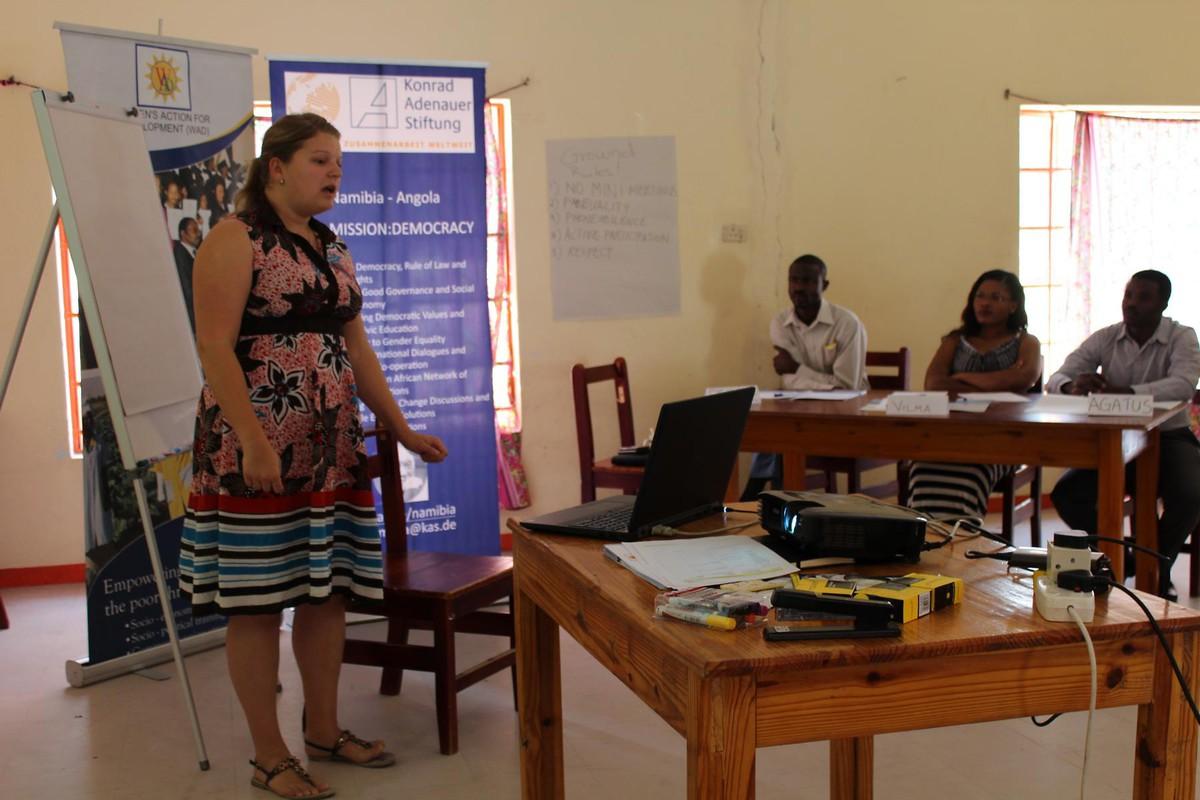 KAS Namibia-Angola
KAS Namibia-Angola
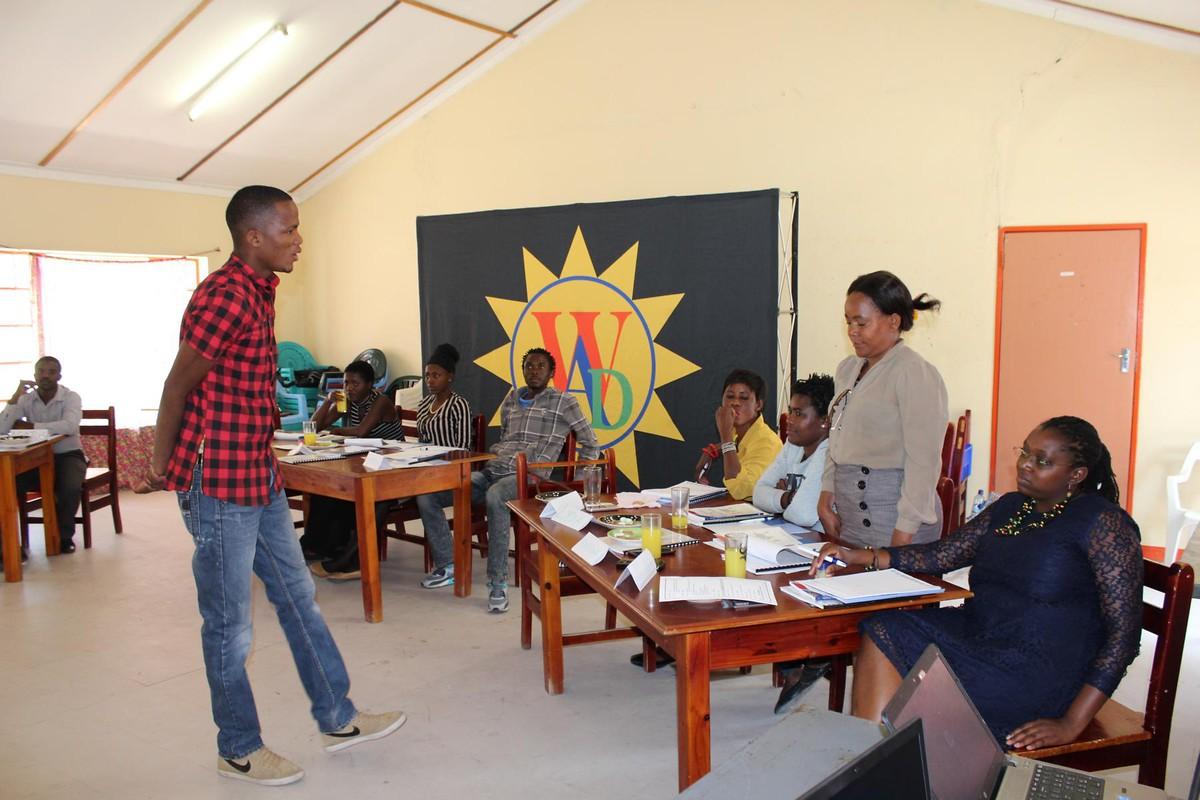 KAS Namibia-Angola
KAS Namibia-Angola
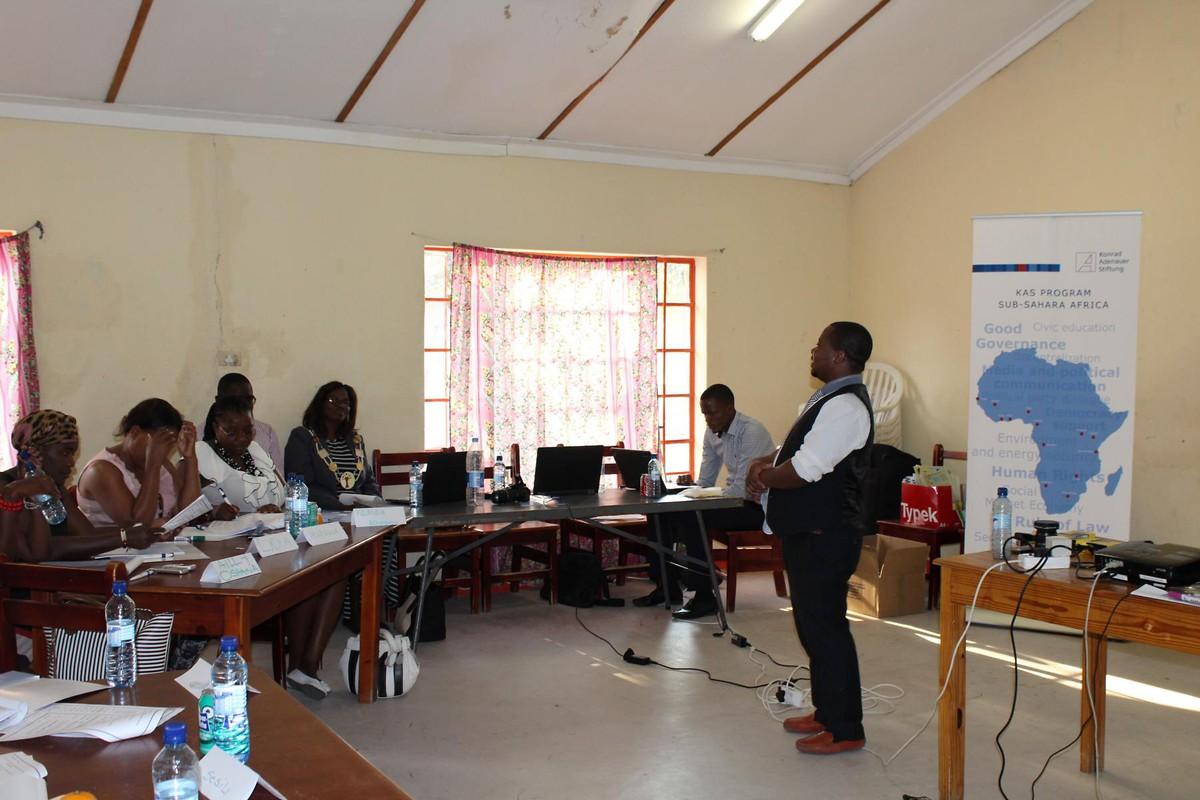 KAS Namibia-Angola
KAS Namibia-Angola
 KAS Namibia-Angola
KAS Namibia-Angola
 KAS Namibia-Angola
KAS Namibia-Angola
 KAS Namibia-Angola
KAS Namibia-Angola
 KAS Namibia-Angola
KAS Namibia-Angola
 KAS Namibia-Angola
KAS Namibia-Angola
 KAS Namibia-Angola
KAS Namibia-Angola
 KAS Namibia-Angola
KAS Namibia-Angola
 KAS Namibia-Angola
KAS Namibia-Angola
 KAS Namibia-Angola
KAS Namibia-Angola


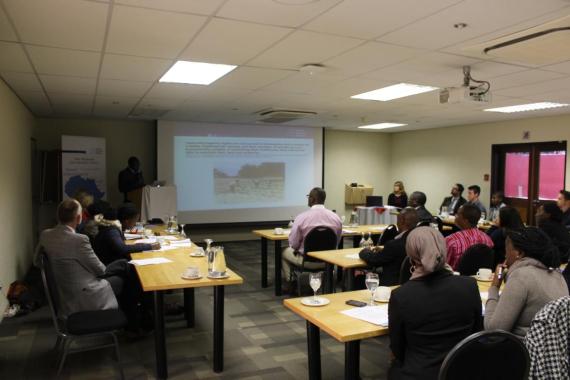






In Namibia, this special initiative wants to improve the secure and fair access to resources, land and land use rights for women in Omusati, Oshana, Ohangwena and Oshikoto in order to increase food security. The project is scheduled to run for four years, from the beginning of 2016 to the end of 2019.
Since many years now, the Konrad Adenauer Foundation (KAS) is working for political and economic rights for women, together with political parties, civil society organizations and representatives of the executive.
The Germany Federal Ministry of Economic Cooperation and Development (BMZ) has initiated the Special Initiative “One World – No Hunger” to address food security and agricultural issues worldwide. All over the world, almost 800 million people are afflicted by hunger. In Namibia, 76,4 % of the population experienced a food shortage in 2013/2014 (NSA, Namibia Census of Agriculture 2014/2014).Food and nutrition security for the world’s growing population can only be achieved by investing in sustainable agriculture and in the rural regions of developing countries. Further questions related to food security that need to be addressed are land rights, sustainable use of land, access to water and other resources as well as the legal environment.
Since the 1970s, experts support the thesis that not only natural circumstances (like draught, parasites or bad weather) or economic reasons (a lack of seed or resources),are cause to poverty and famine, but that political and social circumstances also play a big role. The eradication of hunger and poverty and the sustainable use of the environment depend in large measure on how people, communities and others gain access to land. This is defined and regulated by societies through systems of tenure. These tenure systems determine who can use which resources for how long and under what conditions. The systems may be based on written politics and laws, as well as on unwritten customs and practices.
Namibia is a role model for its positive legal framework on land rights for women. The Namibian Constitution, the National Land Policy, the Communal Land Reform Act and the Local Authorities Act promote gender equality and protect women’s rights. Yet, despite the positive legal framework and the codification of gender equality, in de facto women do not have equal access to land. According to international estimates, if women had the same access to land, education and technology, it would be possible to reduce the number of people suffering from hunger in the world by more than 100 million.
That’s why we must promote gender equality and empower women in agriculture to win, sustainably, the fight against hunger and extreme poverty. We must eliminate all forms of discrimination against women under the law, ensure that access to resources is more equal and that agriculture policies and programs are gender aware and make women’s voices heard in decision-making at all levels.
The 3 main goals of the project are:
GOAL 1: Women in the project regions are informed about their rights, the contexts of traditional and codified law and the possible means of legal redress and begin to demand these rights.
GOAL 2:Traditional authorities increasingly take codified law into consideration in arbitrating land questions and strengthen the position of women in questions of land use and land ownership.
GOAL 3:Political decision-makers consider the basic interests and needs of women in land reform initiatives and the associated legislation.
The target group of the project are women (particularly widows and single mothers), traditional authorities, female and male political decision-makers on a local and national level and media representatives.
The conclusions are clear: gender equality is necessary for agriculture, food security and society. Governments, civil society, the private sector and individuals should work together in order to support gender equality in agriculture and rural areas.
Basic principles for achieving gender equality and empowering women in agriculture include the following:
•Eliminate discrimination against women under the law: Ensure equal rights for men and women to control assets such as land
•Ensure that women are aware of their rights and have support of their government, communities and families in claiming their rights
•Strengthen rural institutions and gender awareness
•Build the human capital of women and girls
•Improve the collection and analyses of sex-disaggregated data
•Make gender-aware agriculture policy decisions
The instruments for the project are:
•Studies on the application of laws and norms in the domain of land rights in the project regions
•Peer-review measures in the municipalities on the current state and strategic planning
•Awareness rising of civil rights, particularly land law and family law, among women in rural areas
•Training mobile mediators: paralegals and parasurveyors
•Dialogue events with political decision-makers, local elites and traditional authorities
•Analysis and adoption of examples of best practice in this domain
•Training seminars on lobbying and advocacy at all political levels
With this project, the Konrad Adenauer Foundation wishes to contribute to create a social awareness of the connection between women’s rights and economic development and thus to forming the general conditions to promote growth and secure sustainable living conditions, particularly for those living in regions affected by hunger crisis.


